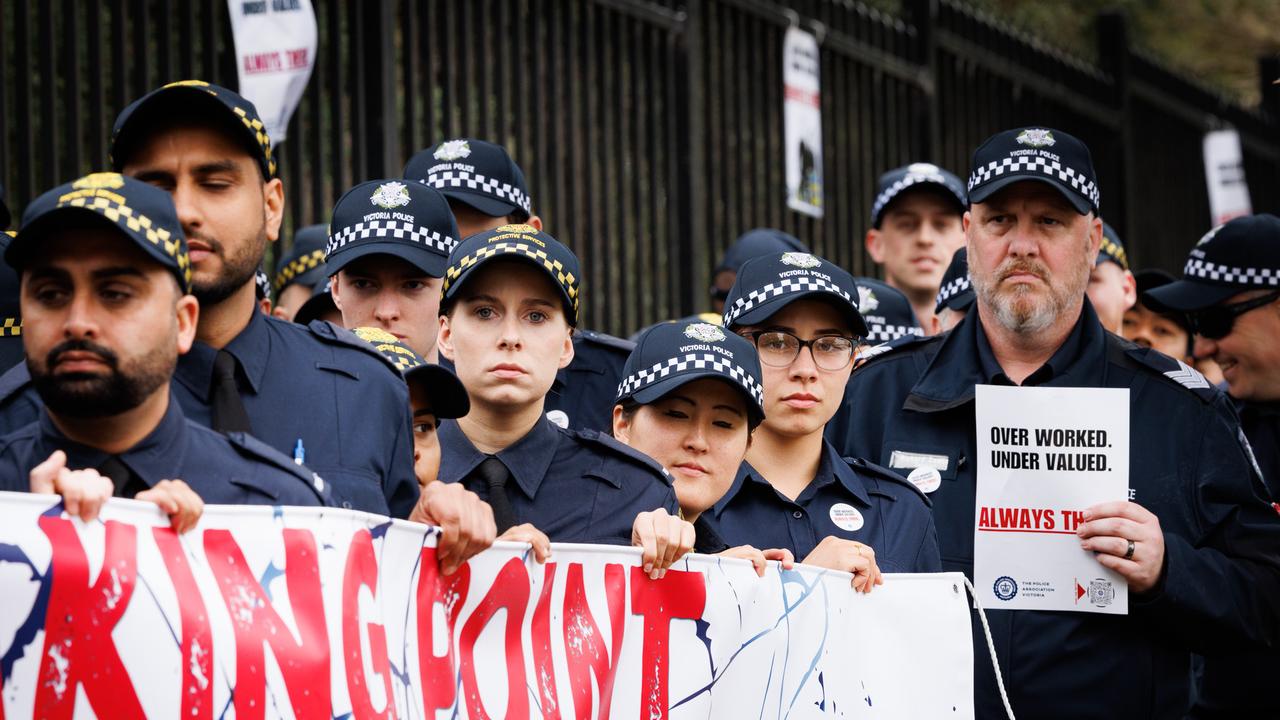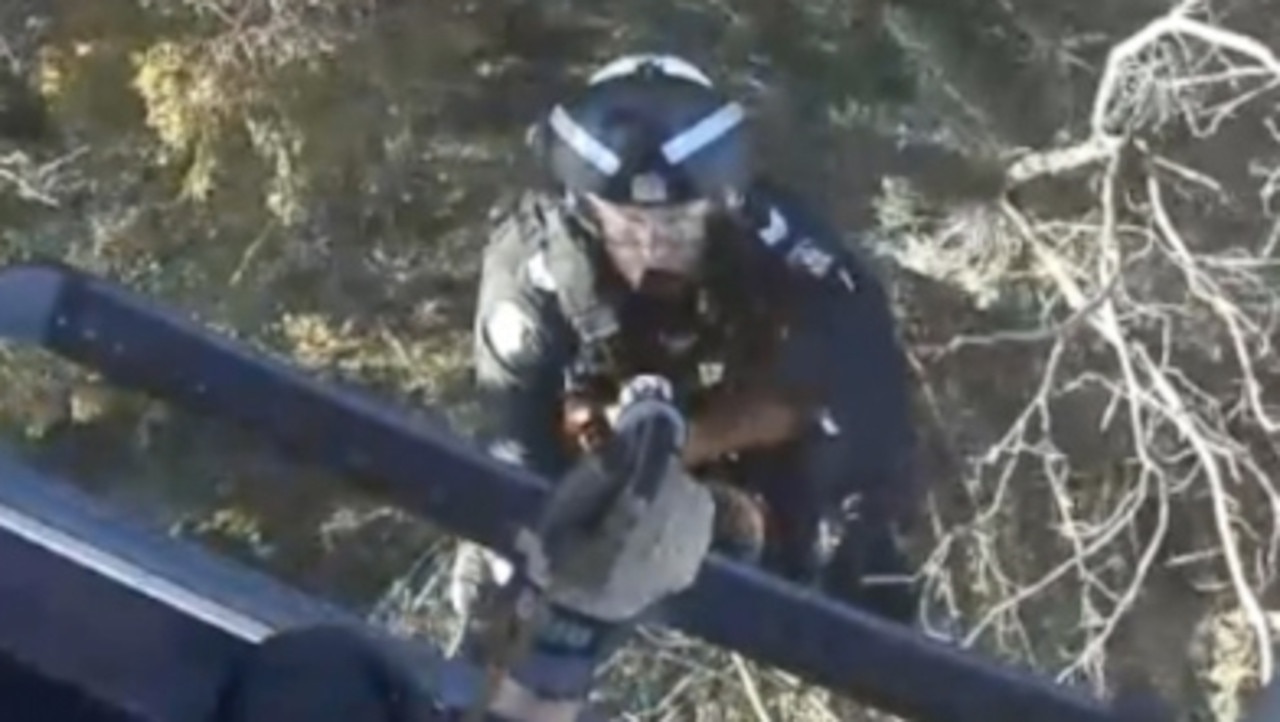Victorian Cancer Biobank helping to develop new monitoring test
Thousands of Victorians are helping with the development of a simple finger prick blood test set to revolutionise cancer monitoring worldwide.
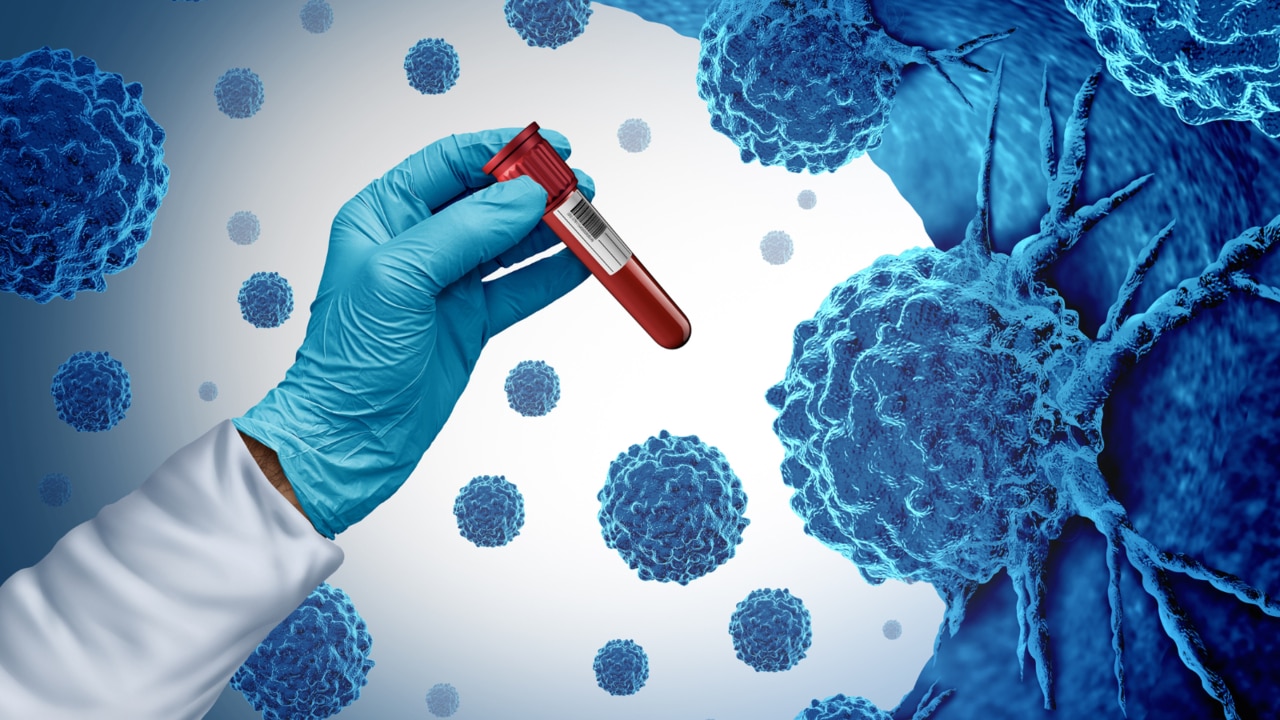
Victoria
Don't miss out on the headlines from Victoria. Followed categories will be added to My News.
Thousands of Victorians are helping with the development of a simple finger prick blood test set to revolutionise cancer monitoring worldwide.
Around 40,000 have generously donated vital tissue and blood samples following cancer treatment to the Victorian Cancer Biobank (VCB) over the last two decades.
These samples are now helping to support more than 300 research projects globally, including this latest which is a unique cancer biosensor test being developed in Victoria.
If the device is successful VCB manager Dr Wayne Ng says it will be a game-changer for cancer patients.
“It is not a diagnostic test, but one that will look for specific biomarkers to measure a patient’s remission and recurrence,” Dr Ng says.
The biosensor test is being developed by Universal Biosensors at Rowville in Melbourne’ southeast.
Already 130 Victorians with multiple cancers have been involved in the testing of the device to assess its performance in the lead up to wider clinical trials.
“Cancer monitoring is one of the very big areas in the medical field,” Dr Ng said. “A test like this can help patients know if something is not right so that they can go to their doctor for further investigation.”
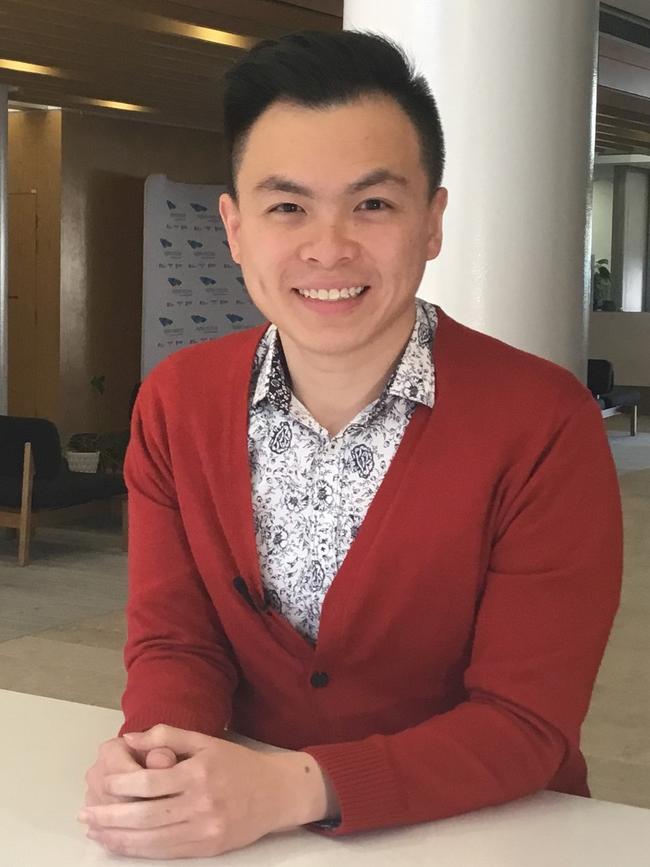
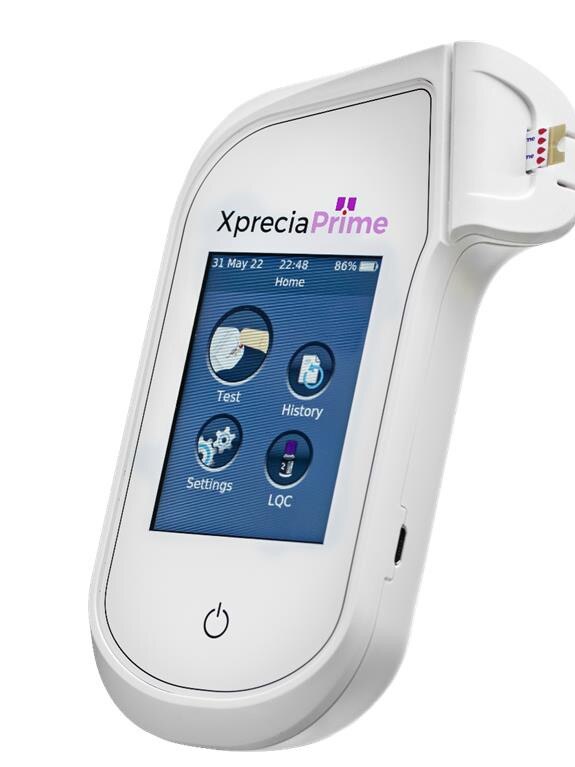
He said the test will allow patients to perform important early detection test at home.
“Currently, these are only available through clinic or hospital-based imaging and blood tests,” Dr Ng said.
The VCB said the at-home finger prick test, which would be similar to one used by diabetics to check blood glucose levels, could be rolled out in the next two years.
The VCB is a partnership between Cancer Council Victoria and five major health precincts in Melbourne: Austin Health, Eastern Health, Melbourne Health, Monash Health and the Peter MacCallum Cancer Institute.
Universal Biosensors’ head of research and development Luke Cossins said in a statement that the VCB’s clinical samples allowed it to confirm the biosensor worked, but that further development was needed.
“We are working towards improving the sensitivity and specificity through lectin engineering and collaborating with experts in this space,” Mr Cossins said.
Dr Ng said the VCB has helped to fuel cancer research globally, putting Victoria at the forefront of research advancements with researchers supported by the securing $3.6 million in grants.
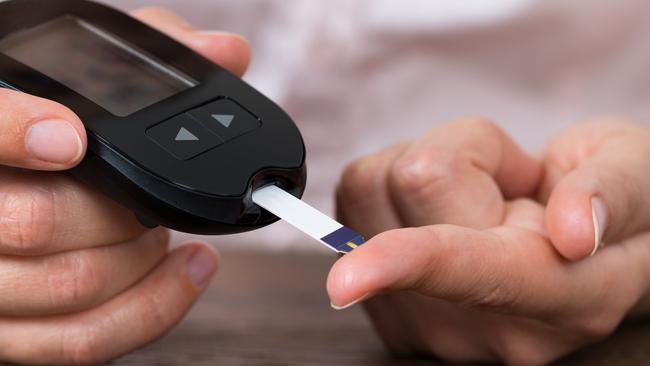
He encouraged all Victorians living with cancer to consider donating vital tissue to the VCB, saying more samples are needed to help continue potential lifesaving and life-changing research.
Cancer Council Victoria chief executive Todd Harper said the VCB was helping to drive cancer research forward and that it had accelerated the translation of research into improved cancer outcomes.
“It is one of the largest open access cancer biobanks in Australia collecting tissue and blood from donors at 26 public and private hospitals across metropolitan Melbourne,” Mr Harper.
Dr Ng said there were challenges for the VCB.
“We need to raise public awareness, dispel misconceptions of biobanking costs among researchers and address limitations in existing data capabilities and the consortium model, but the VCB remains steadfast in its mission to make a lasting impact on cancer research and improve cancer outcomes,” he said.
Acting Minister for Health Gabrielle Williams said the Victorian Cancer Biobank has cemented itself as a global leader in medical research.
“It’s innovations like these that demonstrate why government investment in medical research is so critically important.”
For more information or to become a tissue donor, visit viccancerbiobank.org.au.
More Coverage
Originally published as Victorian Cancer Biobank helping to develop new monitoring test




